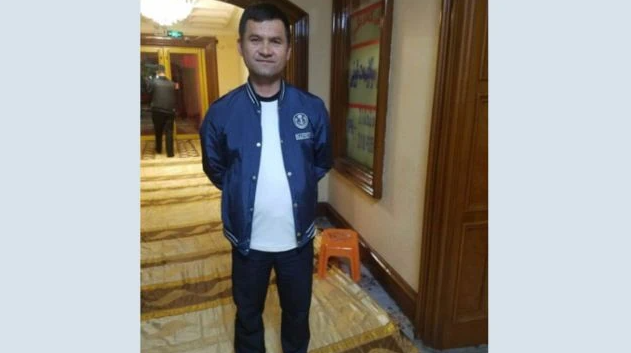Wife and children wait for news of a husband and father critically ill in a Chinese prison. His mother and other relatives are in jail too.
by Ruth Ingram
Bitter Winter, 04/11/2024
A Uyghur man sentenced to life behind bars is now at death’s door, but pleas from his family for release on compassionate grounds have fallen on deaf ears.
Kifaye Ehsan, wife of 48-year-old Mehmutjan Memet, heard last year that her once healthy husband, has become critically ill with heart problems and liver disease, since the life sentence handed down to him in 2019 for so-called terrorism-related crimes.
She has been pleading with Chinese authorities in Türkiye, where she is now living with the couple’s seven children, for her husband to spend his final days with his family. But a letter asking for his release, delivered to the Chinese Embassy in Ankara, by her Turkish lawyer, Gülden Sunmaz, a well-known advocate for the Uyghur cause, was returned unopened last August 2023.
Kifaye Ehsan spoke to “Bitter Winter” in March 2024 about her fears for Memet’s safety and indeed for his life were he not to be released into her care. “We still haven’t had any news of my husband since we heard he was ill, and I am terribly worried. We don’t know if he is dead or alive,” she said. “All I can do is pray.”
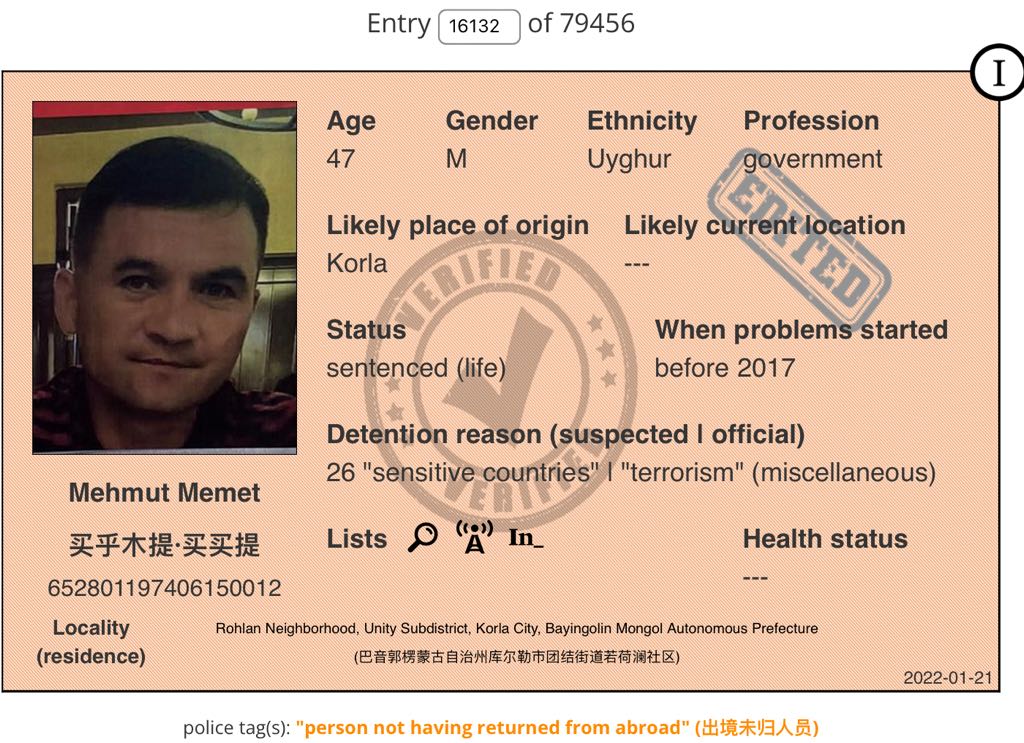 '
'
Memet hails from Xinjiang province’s Korla city, an area renowned for its fragrant pears, where he had a successful business exporting the fruit. His religious family took their faith, particularly its outward observance, seriously and because of this, they were “given no peace” by the authorities for mosque attendance and religious clothing, said Kifaye. Memet was expelled from university for praying and after their marriage, they were fined heavily for breaking the State’s family planning regulations by having six children.
The family moved to Türkiye in 2015 when all Uyghurs who applied were issued with passports. They brought five of their six children with them for a “better educational future,” leaving one behind, who arrived later in September 2016 after they managed to get him a passport. Memet’s elderly mother Helchem Pazil, 70, came to visit later to see the family and perform the Hajj in Saudi Arabia, but when Memet accompanied her back to China, their passports were confiscated on entry.
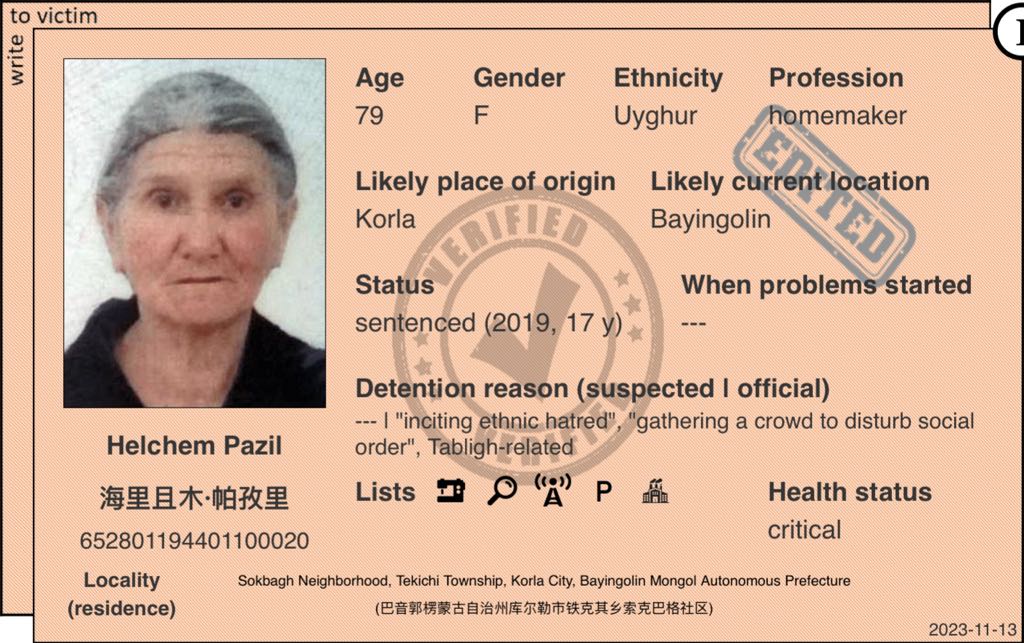
Kifaye managed to keep in touch with her husband until September 2017 when all messages and calls were cut off, through the Chinese social media app, WeChat. She heard through the grapevine that he had gone missing in 2019, and confirmation came through the Radio Free Asia’s Uyghur service that he had been detained.
News trickling out of the homeland about Memet’s family and confirmed by Radio Free Asia, has not been good. Not only was Mehmutjan given a life sentence, but all seven children in their family were sentenced to lengthy jail terms.
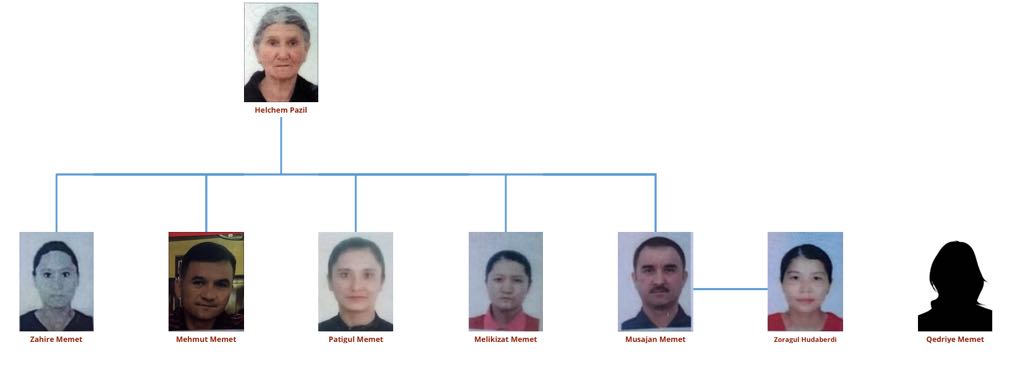
His widowed mother Helchem Pazil, now 81, was jailed for 17 years in 2019 for “disturbing public order” by taking part in religious gatherings. His sisters Melikizat and Patigul Memet, 20 and 7 years respectively and sisters Qedriye, Zaire Memet, and a daughter in law, Bostan Ibrahim, were also sentenced to serve their terms in Sanji Women’s Prison. His brother Musajan Memet was sentenced to life in 2019, and his wife Zohragul Hudaberdi detained. It is not known for how long or where she is serving her sentence.
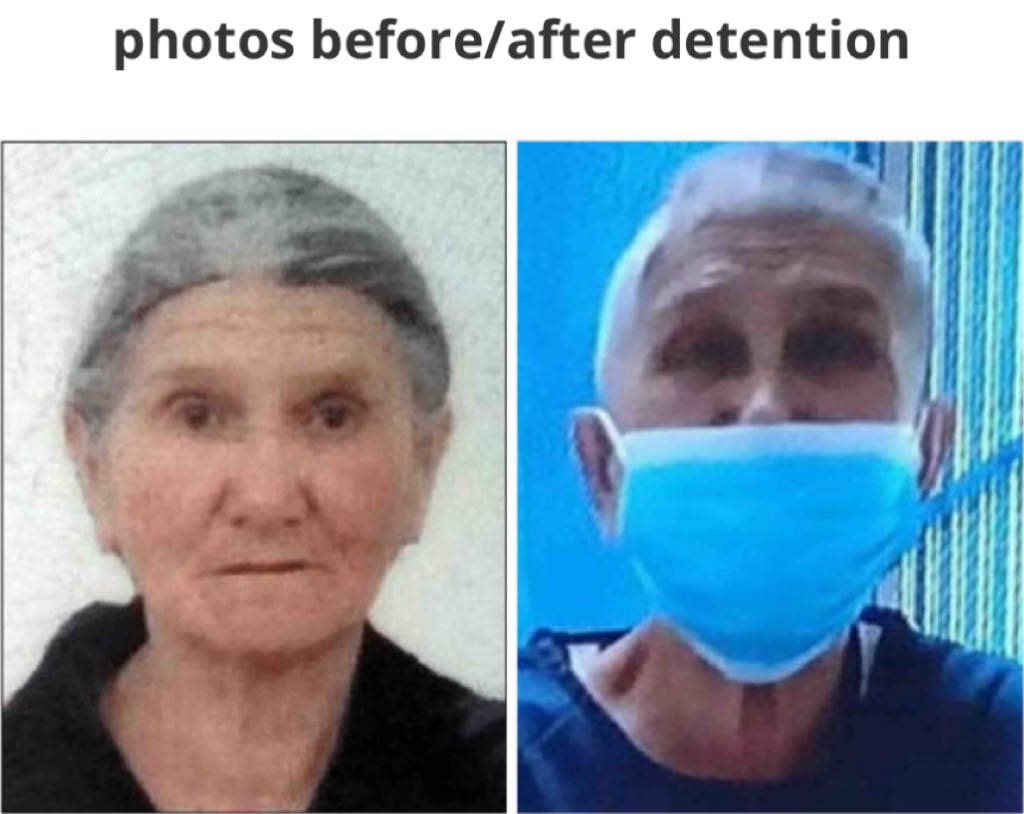
In August 2022 RFA was told that Helchem was “in a dangerous state of health” but despite her requests for release, it seems that she was taken from the prison for treatment, but not allowed home. The Xinjiang Victims Database, a labour of love by its founder Gene Bunin, to document the whereabouts of, to date, 79,456 detained Uyghurs, states that efforts to locate Helchem have been unsuccessful.
Halchigul Memet, the only sister to have escaped China, who according to the CCP is a “fugitive criminal,” is now living in Türkiye. She provided the information on the fate of the family to Radio Free Asia.
Kifaye struggles to bring up their seven children on her own in Türkiye and since her meagre savings ran out, she has been living on handouts from the Uyghur community and spare cash from her eldest child working in Istanbul. The hope that somehow, they might all be reunited one day was dashed with the news in October last year that Mehmutjan was critically ill in the prison hospital. Guards at the Changji City prison confirmed to Radio Free Asia’s Uyghur service that his deteriorating health condition was in need of “urgent medical attention.”
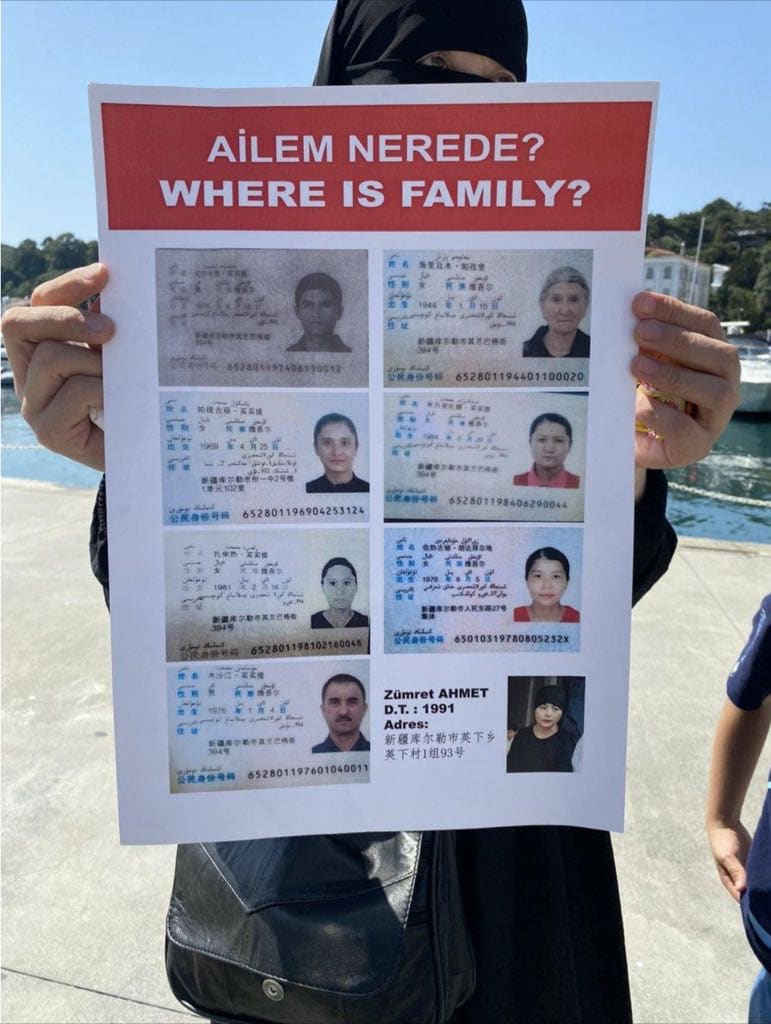
News from China about her husband’s current state is tantalizingly sparse. She is hanging out for an update but dreads the thought that one day she might just hear a rumor that he has died. She scours TikTok videos and WeChat photos posted by friends in case by some chance her husband’s picture might be there. “But so far there is nothing,” she said.
She tries to shield the children from the worst of the situation, but her inevitable tears are infectious. “I try not to cry because then we all start crying,” she said. “And then the children try to encourage me amid their own grief.”
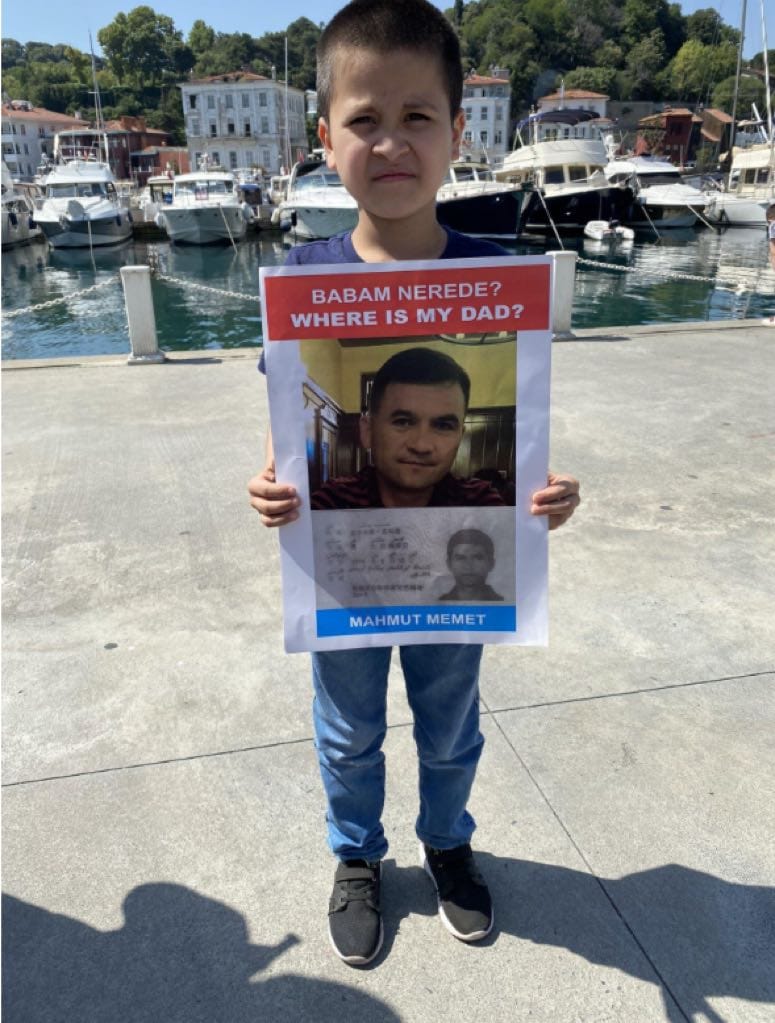
Lessons at school where children are instructed to write about their families are particularly difficult. “What can they say? None of us knows what is going on.”
“We believe God will take care of us and we believe that if we pray, he will come back. But it is so difficult,” she said.
Ruth Ingram is a researcher who has written extensively for the Central Asia-Caucasus publication, Institute of War and Peace Reporting, the Guardian Weekly newspaper, The Diplomat, and other publications.
